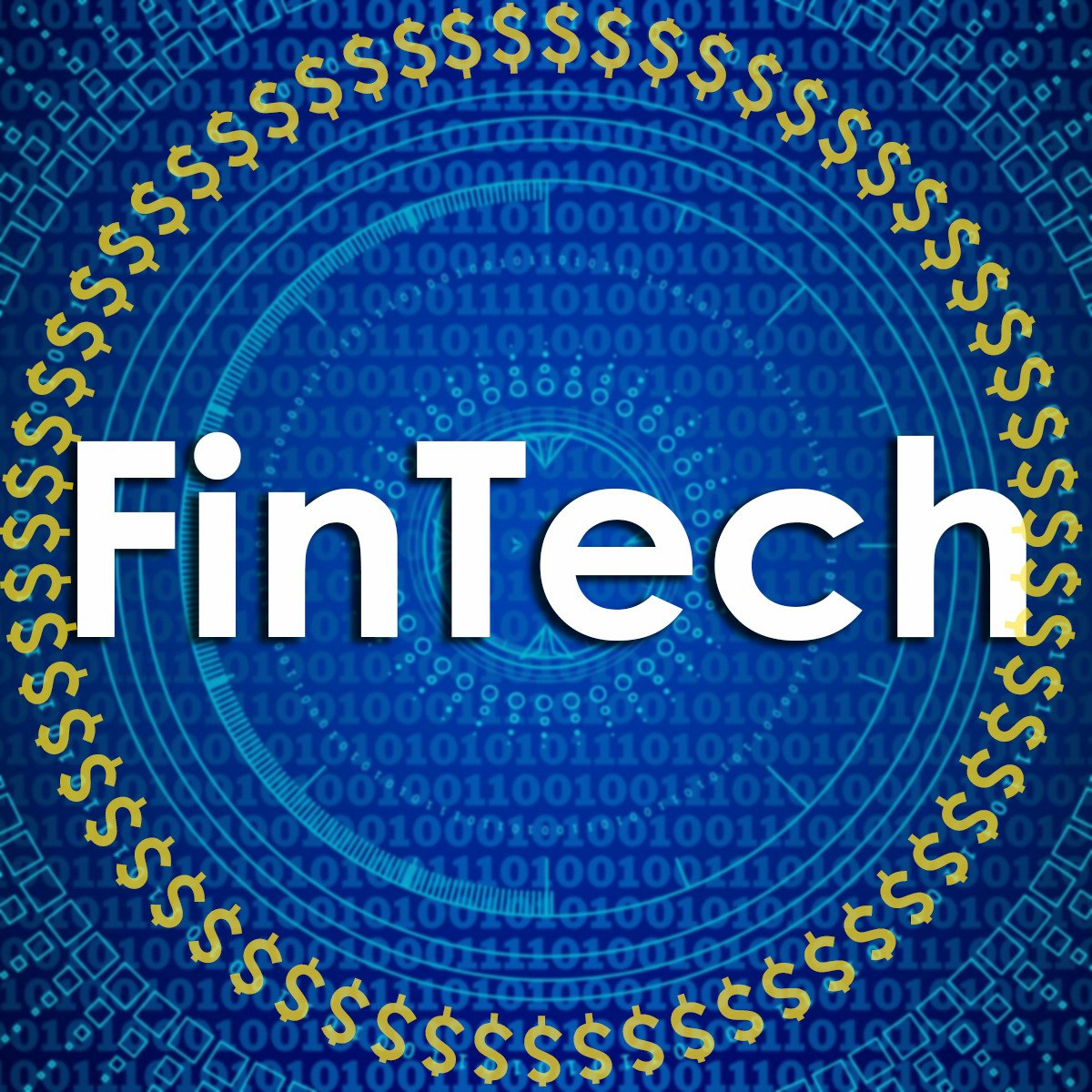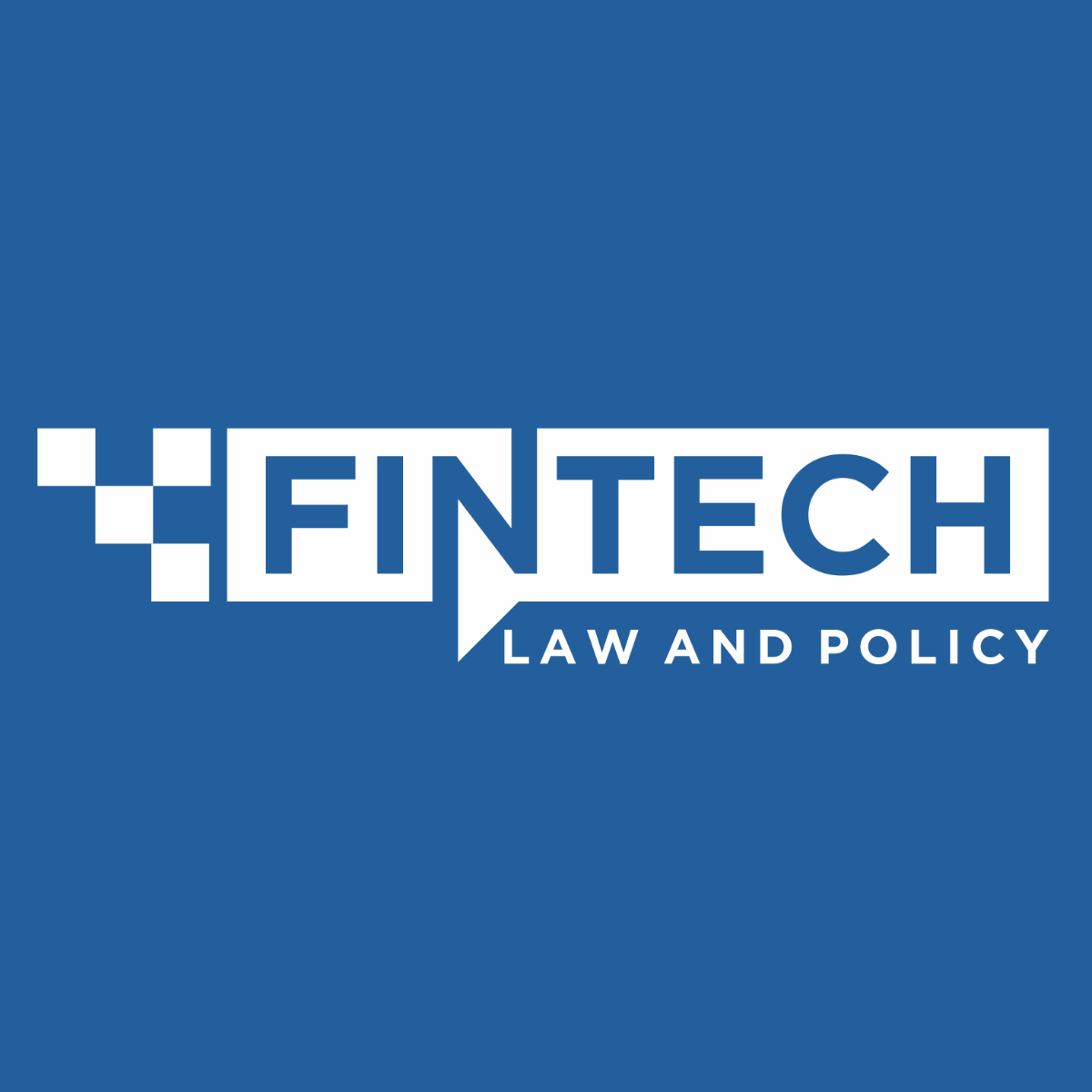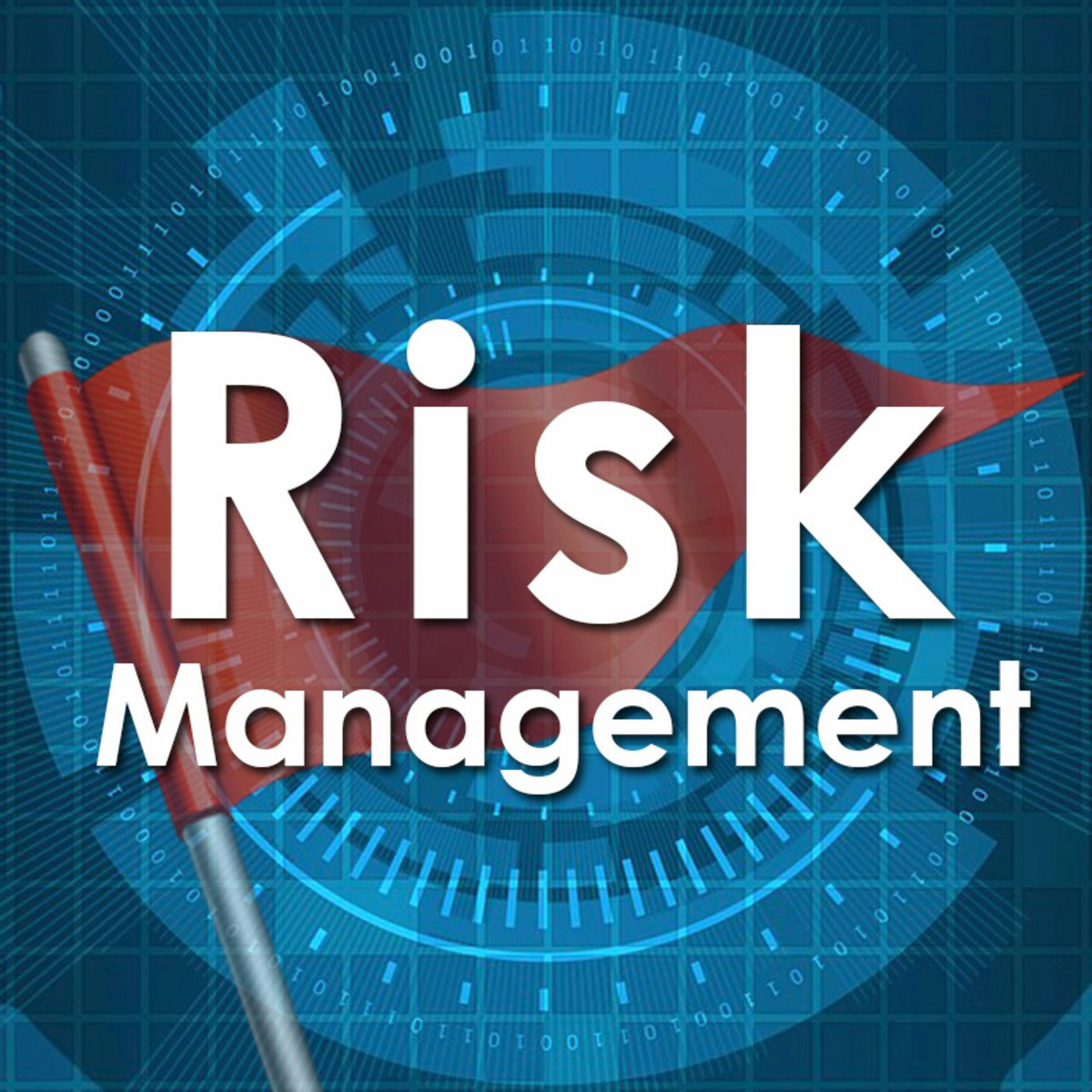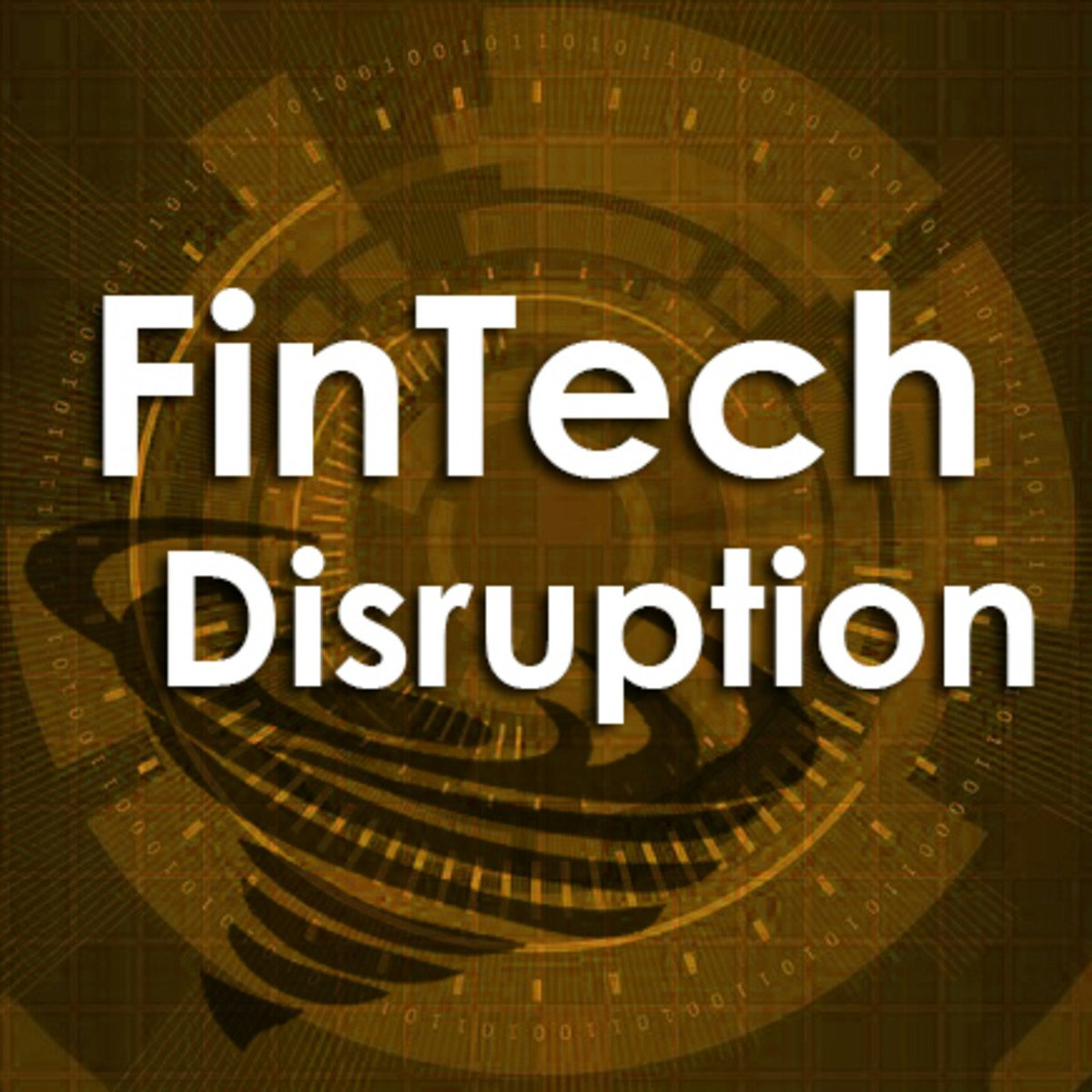FinTech Consultant
FinTech Consultant: Charting a Course in Financial Technology Advisory
FinTech, a blend of "finance" and "technology," represents the wave of innovation reshaping financial services. A FinTech Consultant guides businesses through this complex and rapidly evolving landscape. They help organizations leverage technology to improve financial operations, develop new products, comply with regulations, and gain a competitive edge.
Working as a FinTech Consultant offers the chance to operate at the intersection of two dynamic fields. You might find yourself advising a traditional bank on adopting mobile payment systems or helping a startup navigate the regulatory hurdles of launching a cryptocurrency exchange. The role demands continuous learning and adaptability as new technologies and market shifts emerge.
Introduction to FinTech Consulting
Defining the Domain: What is FinTech Consulting?
FinTech Consulting involves providing expert advice to companies operating within or impacted by the financial technology sector. Consultants analyze challenges, identify opportunities, and recommend solutions related to digital transformation, process optimization, regulatory compliance, and technology implementation in finance.
The scope is broad, covering areas like digital banking, payments, blockchain, artificial intelligence in finance, regulatory technology (RegTech), insurance technology (InsurTech), and wealth management technology. Consultants work with diverse clients, including banks, insurance companies, investment firms, startups, and even regulators.
Essentially, FinTech consultants act as strategic partners, helping clients understand and harness technological advancements to achieve their business objectives in the financial realm. Their work bridges the gap between complex financial principles and cutting-edge technological capabilities.
For those new to the field, understanding the fundamentals is key. Online courses provide accessible starting points to grasp the core concepts shaping this industry.
These courses offer foundational knowledge about the FinTech landscape, key technologies, and the transformation happening in financial services.
A Brief History: The Rise of the FinTech Advisor
The need for specialized FinTech consulting emerged as technology began to fundamentally disrupt traditional financial services. Early phases involved advising on digitizing existing processes, such as online banking and electronic trading platforms in the late 90s and early 2000s.
The 2008 financial crisis spurred further innovation, partly driven by regulatory changes and a decline in trust in established institutions. This era saw the rise of numerous FinTech startups focused on payments, lending, and wealth management, creating demand for consultants who understood both finance and the new tech paradigms.
More recently, the advent of blockchain, AI, and sophisticated data analytics has accelerated change. Consultants now grapple with complex topics like decentralized finance (DeFi), central bank digital currencies (CBDCs), and AI-driven risk management, requiring deeper technical expertise alongside financial acumen.
Understanding this evolution helps contextualize the current demands and future trajectory of the role.
Who Needs FinTech Consultants? Key Industries and Sectors
Virtually every segment of the financial services industry utilizes FinTech consultants. Traditional banks and credit unions hire them to navigate digital transformation, compete with neobanks, and implement new technologies like APIs for open banking.
Investment firms and wealth managers seek advice on robo-advisory platforms, algorithmic trading, and integrating digital assets. Insurance companies engage consultants for InsurTech solutions, improving underwriting, claims processing, and customer engagement through technology.
FinTech startups themselves often hire consultants for strategic guidance, market entry analysis, scaling operations, and navigating complex regulatory environments. Furthermore, technology companies entering the financial space and regulatory bodies seeking to understand emerging risks also rely on FinTech consulting expertise.
This diverse client base means consultants gain exposure to a wide array of business models and challenges within the global financial ecosystem.
Role of a FinTech Consultant
Day-to-Day: Core Responsibilities
A FinTech Consultant's daily tasks vary greatly depending on the project, client, and their specific area of expertise. Common responsibilities include conducting market research, analyzing client operations, identifying pain points, and assessing technological needs.
They develop strategic recommendations, create business cases for technology adoption, and design implementation roadmaps. This often involves evaluating software vendors, defining technical requirements, and advising on system integration. Consultants may also focus on specific niches like cybersecurity, regulatory compliance, or data analytics within the financial context.
Presenting findings to clients, leading workshops, and preparing detailed reports are routine activities. The role demands a blend of analytical rigor, strategic thinking, and clear communication to translate complex ideas into actionable plans for clients.
Understanding the legal and risk dimensions is often crucial. Specialized courses can provide depth in these areas.
These courses delve into the specific regulatory frameworks, ethical considerations, and risk management strategies pertinent to the FinTech sector.
Client Engagement: Managing Stakeholders
Effective stakeholder management is paramount. FinTech consultants interact with a wide range of individuals, from C-suite executives and IT managers to legal teams and operations staff within client organizations. Building trust and maintaining strong relationships are essential for project success.
Consultants must clearly articulate complex technical and financial concepts to diverse audiences, tailoring their communication style accordingly. They facilitate discussions, manage expectations, and navigate potential conflicts or disagreements among stakeholders.
Understanding the client's organizational culture, political dynamics, and strategic priorities is key to providing relevant and impactful advice. This requires strong interpersonal skills, active listening, and the ability to empathize with client challenges.
Project Lifecycle: From Concept to Completion
FinTech consulting projects typically follow a structured lifecycle. It often begins with understanding the client's problem or objective during a discovery phase, involving interviews, data gathering, and initial assessments.
Next comes the analysis and strategy development phase, where consultants diagnose issues, benchmark against industry practices, evaluate potential solutions, and formulate recommendations. This might involve financial modeling, technology assessments, or regulatory impact analysis.
The implementation phase, while sometimes handled by other teams, often involves consultant oversight. This could include vendor selection support, project management guidance, change management assistance, and defining key performance indicators (KPIs) to measure success.
Finally, projects conclude with knowledge transfer, final reporting, and potentially identifying follow-on opportunities. Consultants must manage timelines, budgets, and project scope throughout this process.
Key Skills for FinTech Consultants
Technical Proficiency: Beyond the Basics
A strong grasp of relevant technologies is crucial. While deep coding skills aren't always mandatory, understanding the principles and applications of key technologies is vital. This includes familiarity with cloud computing platforms, data analytics tools, APIs, and cybersecurity fundamentals.
Expertise in specific FinTech domains is highly valued. Knowledge of blockchain technology and its applications in cryptocurrencies, smart contracts, and supply chain finance is increasingly important. Understanding artificial intelligence and machine learning applications in areas like fraud detection, credit scoring, and algorithmic trading is also a significant asset.
Familiarity with payment systems architecture, including traditional rails (like ACH, SWIFT) and newer digital payment methods, is often required. Consultants need to stay updated on emerging technologies and assess their potential impact on the financial industry.
For those interested in the technological underpinnings, particularly blockchain and crypto, several books offer deep dives.
These readings explore the technical details and broader implications of cryptocurrencies and blockchain technology.
Essential Soft Skills: Communication and Problem-Solving
Technical expertise alone is insufficient. FinTech consultants must possess exceptional soft skills. Strong analytical and problem-solving abilities are needed to dissect complex client issues and devise innovative, practical solutions.
Excellent communication skills, both written and verbal, are non-negotiable. Consultants must present complex information clearly and persuasively to diverse audiences, facilitate workshops, and write compelling reports and proposals.
Adaptability, intellectual curiosity, and a collaborative mindset are also vital. The FinTech landscape changes rapidly, requiring consultants to learn continuously and work effectively in team environments, often under pressure and tight deadlines.
Client-facing skills, including relationship building, negotiation, and influencing, are crucial for success in managing engagements and delivering value.
Credentials and Recognition: Certifications in FinTech
While formal certifications are not always mandatory, they can enhance credibility and demonstrate specialized knowledge. Certifications related to finance (like the CFA or FRM), project management (PMP), cybersecurity (CISSP), or specific technologies (cloud provider certifications) can be beneficial.
Some organizations are developing specific FinTech certifications, though the field is still evolving. Relevant certifications often depend on the consultant's area of specialization (e.g., CAMS for anti-money laundering compliance, specific blockchain certifications).
Continuous learning, demonstrated through online courses, workshops, and industry engagement, often carries as much weight as formal certifications. Building a portfolio of successful projects and thought leadership (e.g., writing articles, speaking at conferences) also builds recognition.
Consider exploring courses that offer a broad overview or delve into specific technologies like payment systems.
These courses can help build a verifiable record of learning in key FinTech areas.
Formal Education Pathways
Undergraduate Foundations: Finance, Tech, and Beyond
A bachelor's degree is typically the minimum requirement for entry-level consulting roles. Common and relevant majors include Finance, Economics, Business Administration, Computer Science, Information Systems, and Engineering.
A combination of business acumen and technical understanding is ideal. Students might pursue a major in one field and a minor in the other, or choose interdisciplinary programs that blend business and technology coursework.
Strong academic performance, relevant internships, and participation in extracurricular activities (like finance clubs or coding competitions) strengthen a candidate's profile. Regardless of the major, developing strong analytical, quantitative, and communication skills is essential.
Exploring foundational finance and technology topics can be done through OpenCourser's Finance & Economics section or the Technology category.
Advancing Knowledge: Graduate Programs and Specializations
A master's degree, such as an MBA or a specialized master's in Finance, Financial Engineering, Data Science, or Information Systems, can be advantageous, particularly for career advancement or entering more specialized roles. Some universities now offer specific Master's degrees or concentrations in FinTech.
These programs often provide deeper knowledge in areas like financial modeling, risk management, data analytics, machine learning, or blockchain technology. They also offer valuable networking opportunities and may include practical projects or internships.
For those interested in the strategic aspects of innovation within finance, specialized courses can complement formal education.
This course focuses specifically on developing FinTech strategies within organizations.
Academic Frontiers: Research in FinTech
For individuals inclined towards deep research and innovation, PhD programs in relevant fields (Finance, Economics, Computer Science) offer opportunities to contribute to the cutting edge of FinTech. Academic research explores topics like the economic impact of digital currencies, algorithmic bias in lending, cybersecurity risks in financial networks, and the design of decentralized financial systems.
Researchers in academia often collaborate with industry partners and regulatory bodies, influencing policy and technological development. While a PhD is not required for most consulting roles, the rigorous analytical training and deep subject matter expertise gained can be valuable for specialized advisory or thought leadership positions.
Some universities host dedicated FinTech research centers, fostering collaboration across disciplines.
Online Learning and Self-Directed Education
Prioritizing Topics for Self-Study
For those transitioning into FinTech or supplementing formal education, online learning offers flexible and accessible pathways. Prioritize topics that bridge finance and technology. Understanding core financial concepts (markets, instruments, regulations) is as important as grasping key technologies.
Focus on areas like digital payment systems (APIs, mobile payments, cross-border transfers), blockchain fundamentals and applications (cryptocurrencies, smart contracts, DeFi), data analytics in finance (risk modeling, fraud detection), and the basics of AI/ML relevant to financial services.
Understanding regulatory frameworks (RegTech) and cybersecurity principles specific to finance is also crucial. Start with foundational courses and gradually move towards more specialized topics based on your interests and career goals.
These courses provide a good starting point for understanding foundational FinTech concepts, payments, and associated regulations.
Learning Through Doing: Project-Based Strategies
Theoretical knowledge is best solidified through practical application. Seek opportunities to work on projects, even personal ones. This could involve analyzing financial datasets, building a simple predictive model for stock prices, exploring blockchain platforms through tutorials, or developing a mock FinTech product proposal.
Contribute to open-source FinTech projects or participate in hackathons or data science competitions focused on financial problems. Document your projects thoroughly in a portfolio (e.g., on GitHub or a personal website) to showcase your skills to potential employers.
Project-based learning demonstrates initiative, practical skills, and a genuine interest in the field, which can be particularly valuable for those without traditional backgrounds.
Building practical skills often involves understanding specific industry tools and platforms. While mastering every tool isn't necessary, familiarity with common concepts is helpful.
Books exploring the broader digital transformation and the future of banking can provide context for projects.
These books offer perspectives on the strategic shifts happening in the financial industry.
Bridging the Gap: From Self-Study to Professional Roles
Transitioning from self-study to a professional FinTech consulting role requires demonstrating credibility and relevant skills. Networking is crucial: attend industry events (online or in-person), join FinTech communities, and connect with professionals in the field.
Tailor your resume to highlight relevant projects, online courses, and transferable skills from previous experiences. Prepare for interviews by practicing case studies specific to FinTech challenges (e.g., advising a bank on a digital strategy, assessing the viability of a new payment solution).
Consider starting in related roles within the financial or tech industry (e.g., business analyst, data analyst, product manager) to gain experience before moving into consulting. Persistence and a clear demonstration of passion and capability are key for those forging non-traditional paths.
The journey requires commitment, but online resources make acquiring the necessary knowledge more accessible than ever. OpenCourser's Learner's Guide offers tips on structuring self-study and maximizing online learning.
FinTech Consultant Career Path
Starting Out: Entry-Level Opportunities
Graduates typically enter FinTech consulting firms as Analysts or Junior Consultants. In these roles, the focus is on learning the ropes, supporting senior consultants, conducting research, performing data analysis, and contributing to client deliverables.
Initial assignments often involve specific modules of larger projects, providing exposure to different facets of consulting and various FinTech domains. Strong analytical skills, attention to detail, eagerness to learn, and good teamwork are essential at this stage.
Entry-level hires receive significant training, both formal and on-the-job, to build consulting methodologies and industry knowledge. Early experiences shape future specialization possibilities.
Exploring courses on the broader implications of FinTech can provide valuable context early in one's career.
This course examines how FinTech innovations impact society and careers.
Moving Up: Mid-Career Progression and Specialization
After gaining experience (typically 2-5 years), consultants progress to roles like Consultant or Senior Consultant. They take on greater responsibility, manage smaller projects or work streams within larger engagements, and begin developing client relationships.
Mid-career often involves specialization in a specific FinTech area (e.g., payments, blockchain, RegTech, digital banking) or industry sector (e.g., banking, insurance, capital markets). Consultants deepen their expertise, start contributing to business development, and may mentor junior staff.
This stage requires balancing project delivery with developing a unique professional brand and network within the industry. Strong performance can lead to Manager or Principal roles.
Consider roles like Data Analytics Consultant as a related path or potential specialization.
Reaching the Top: Leadership and Advisory Roles
Senior roles like Manager, Principal, Director, or Partner involve leading large, complex engagements, managing client relationships at an executive level, and driving business development for the firm. Leadership focuses on setting strategic direction, mentoring teams, and contributing to the firm's intellectual capital.
Leaders in FinTech consulting are recognized experts in their field, often speaking at conferences, publishing articles, and shaping industry discourse. They possess deep industry knowledge, strong leadership qualities, and a proven track record of delivering significant client impact.
Some experienced consultants may transition into executive roles within FinTech companies or traditional financial institutions, leveraging their broad strategic perspective and industry network.
A related career path within finance, although distinct from consulting, is that of a Financial Analyst.
Industry Trends Shaping FinTech Consulting
The Rise of Decentralized Finance (DeFi)
Decentralized Finance, or DeFi, utilizes blockchain technology to create open, permissionless, and transparent financial services systems. Concepts like decentralized exchanges, lending protocols, and yield farming are challenging traditional financial intermediaries.
Consultants are increasingly asked to help clients understand DeFi's implications, assess associated risks and opportunities, and explore potential integrations or competitive responses. This requires a solid understanding of blockchain, smart contracts, and tokenomics.
The evolving nature of DeFi presents both significant disruption potential and considerable uncertainty, making it a key area of focus for strategic advisory. Understanding the core technologies is essential.
Books exploring blockchain and its potential provide valuable background on the foundations of DeFi.
These readings offer insights into the technology powering DeFi and its potential impact.
Navigating the Regulatory Maze: Global Compliance
The regulatory landscape for FinTech is complex and constantly evolving across different jurisdictions. Consultants help clients navigate rules related to data privacy (like GDPR), anti-money laundering (AML), consumer protection, cybersecurity, and licensing requirements for new financial products and services.
Staying abreast of regulatory changes and advising clients on compliance strategies (RegTech solutions) is a critical function. This includes understanding the stances of different regulatory bodies on innovations like cryptocurrencies, open banking, and AI-driven financial advice.
Global firms need consultants who understand cross-border regulatory implications and can help standardize compliance processes while adapting to local nuances. According to a report by Deloitte, navigating this complex regulatory environment remains a top challenge and opportunity area for the FinTech sector.
Understanding the legal and policy frameworks is vital for consultants working in this space.
This book specifically addresses the challenges of regulating financial innovation.
This official framework provides insight into regulatory perspectives on cryptocurrencies.
AI and Automation: Transforming Financial Services
Artificial intelligence and machine learning are automating processes and enabling new capabilities across financial services. Applications include algorithmic trading, personalized financial advice (robo-advisors), AI-powered customer service chatbots, fraud detection, and automated underwriting.
FinTech consultants advise clients on identifying opportunities for AI implementation, selecting appropriate technologies, managing data requirements, and addressing ethical considerations like algorithmic bias. They help organizations integrate AI into their operations strategically.
The ongoing advancements in AI promise further disruption, requiring consultants to continuously update their knowledge and help clients prepare for an increasingly automated future in finance. Major consulting firms like McKinsey regularly publish research on the growing impact of AI across industries, including finance.
Ethical and Regulatory Challenges
Protecting Privacy in the Digital Age
FinTech relies heavily on data, raising significant data privacy concerns. Consultants must help clients implement robust data governance frameworks, comply with regulations like GDPR and CCPA, and ensure ethical data handling practices.
Balancing the use of data for personalization and risk assessment with consumer privacy rights is a delicate act. Issues like data security breaches, unauthorized data sharing, and transparency in data usage are critical considerations in FinTech product development and deployment.
Consultants advise on implementing privacy-enhancing technologies and building consumer trust through transparent data policies. The ethical use of vast amounts of financial data is a central challenge.
Courses covering FinTech ethics specifically address these complex issues.
This course directly tackles the ethical dilemmas and risks inherent in FinTech innovations.
Innovation vs. Risk: Finding the Balance
FinTech thrives on innovation, but new technologies and business models inevitably introduce new risks. Consultants play a key role in helping organizations balance the drive for innovation with the need for prudent risk management.
This involves assessing operational risks associated with new technologies, cybersecurity vulnerabilities, compliance risks related to untested models, and strategic risks of adopting or ignoring innovations. Frameworks for risk assessment must adapt to the rapid pace of technological change.
Advising clients on building resilient systems, implementing strong internal controls, and fostering a culture of responsible innovation is crucial. The goal is to enable progress without exposing the firm or its customers to undue harm.
Understanding risk management specific to FinTech is a core competency.
This course provides focused training on managing the unique risks within the FinTech sector.
Learning from the Past: Regulatory Disputes Case Studies
Examining past regulatory disputes and enforcement actions provides valuable lessons. Cases involving data breaches at financial institutions, AML failures at crypto exchanges, or misleading marketing by lending platforms highlight common pitfalls and regulatory expectations.
Consultants analyze these cases to understand regulatory priorities, potential penalties, and best practices for avoidance. Sharing these insights helps clients proactively address compliance gaps and build more robust governance structures.
Understanding how regulators have responded to specific innovations or market events informs strategic advice and helps clients anticipate future scrutiny. This historical context is essential for providing grounded, practical guidance.
The US Department of Justice's framework offers insights into enforcement priorities regarding cryptocurrencies.
Frequently Asked Questions (Career Focus)
Is a finance or tech background more critical?
Ideally, a blend of both is best. However, the relative importance can depend on the specific consulting role and firm. Some roles lean more towards strategy and financial analysis, while others are deeply technical.
Many successful consultants come from either a strong finance/business background and learn the necessary technology, or vice versa. Strong analytical skills, problem-solving ability, and communication are universally critical, regardless of the initial background.
Continuous learning is key to bridging any gaps. Someone with a finance background might take online courses in data science or blockchain, while a tech expert might pursue education in financial markets or regulations.
How competitive is the job market?
The job market for FinTech consultants is generally competitive, especially at top-tier consulting firms. These roles attract candidates with strong academic records, relevant experience, and a combination of technical and business skills.
However, the demand for FinTech expertise is high and growing across various types of organizations, including consulting firms, financial institutions, and tech companies. Opportunities exist at different levels and specializations.
Networking, relevant project experience (even self-directed), and demonstrating a passion for the field can significantly enhance competitiveness. The exact level of competition varies by region, firm prestige, and specific role requirements.
Can freelancing replace traditional consulting roles?
Freelancing or independent consulting is a viable path, particularly for experienced professionals with a strong network and specialized expertise. It offers flexibility and autonomy but also requires skills in business development, client management, and self-administration.
Traditional consulting firms offer structured career paths, extensive training resources, access to large-scale projects, and established brand recognition. Freelancing often involves smaller projects or more niche advisory work.
Some consultants transition to freelancing later in their careers, while others may use it as an entry point if they possess highly sought-after niche skills. Both models have pros and cons depending on individual career goals and risk tolerance.
What industries hire the most FinTech consultants?
The primary hirers are management consulting firms (especially those with dedicated financial services or technology practices), the "Big Four" accounting/advisory firms (Deloitte, PwC, EY, KPMG), and specialized boutique FinTech consultancies.
Beyond consulting firms, large banks, investment firms, insurance companies, and payment processors often hire internal strategy or transformation teams with similar skill sets, sometimes recruiting directly from consulting.
Major technology companies developing financial products or services also seek individuals with FinTech expertise. Regulatory bodies may also hire consultants or experts for policy analysis.
How does this role differ from general management consulting?
FinTech consulting is a specialized form of management consulting focused specifically on the intersection of finance and technology. While general management consultants address broad strategic and operational issues across various industries, FinTech consultants bring deep domain expertise in financial services and relevant technologies.
The core consulting skills (problem-solving, analysis, communication) are similar, but the knowledge base is distinct. FinTech projects often involve specific technologies (blockchain, AI, APIs), regulatory nuances (financial compliance), and industry dynamics unique to financial services.
Some large consulting firms have generalist pools and specialist tracks, allowing consultants to focus on FinTech within a broader management consulting context.
Is global mobility feasible in this career?
Yes, global mobility is often feasible, particularly within large international consulting firms. FinTech is a global phenomenon, and clients operate across borders, creating opportunities for international assignments and relocation.
Firms often encourage or require international experience, especially at senior levels. Knowledge of different regulatory environments and market dynamics across regions can be a significant asset.
The extent of mobility depends on the firm's global footprint, project needs, and individual preferences and qualifications (including language skills for some regions). Many FinTech hubs exist worldwide, from London and New York to Singapore and Zurich.
Helpful Resources
Continuous learning is vital in FinTech. Staying updated involves reading industry publications, following key influencers, and leveraging online learning platforms. Here are some resources:
- OpenCourser: Explore courses specifically tagged under Finance & Economics or Blockchain to deepen your knowledge. Use the "Save to List" feature to curate your learning path.
- Industry News: Follow reputable financial news outlets like Bloomberg, Reuters, The Wall Street Journal (WSJ), and the Financial Times (FT) for market trends and regulatory updates. Tech-focused sites like TechCrunch often cover FinTech startups.
- Consulting Firm Insights: Major consulting firms (McKinsey, BCG, Deloitte, Accenture, etc.) frequently publish reports and articles on FinTech trends available on their websites. For example, Accenture's Banking insights often cover relevant topics.
- Regulatory Bodies: Websites of major financial regulators (e.g., SEC in the US, FCA in the UK, MAS in Singapore) provide access to official announcements, reports, and regulatory frameworks.
Embarking on a career as a FinTech Consultant requires dedication to continuous learning and adaptation. It offers a unique opportunity to shape the future of financial services by bridging the gap between finance and technology. Whether you come from a finance background, a tech background, or are making a career pivot, the resources available today make acquiring the necessary skills and knowledge more achievable than ever. It's a challenging yet rewarding field for those passionate about innovation in finance.















